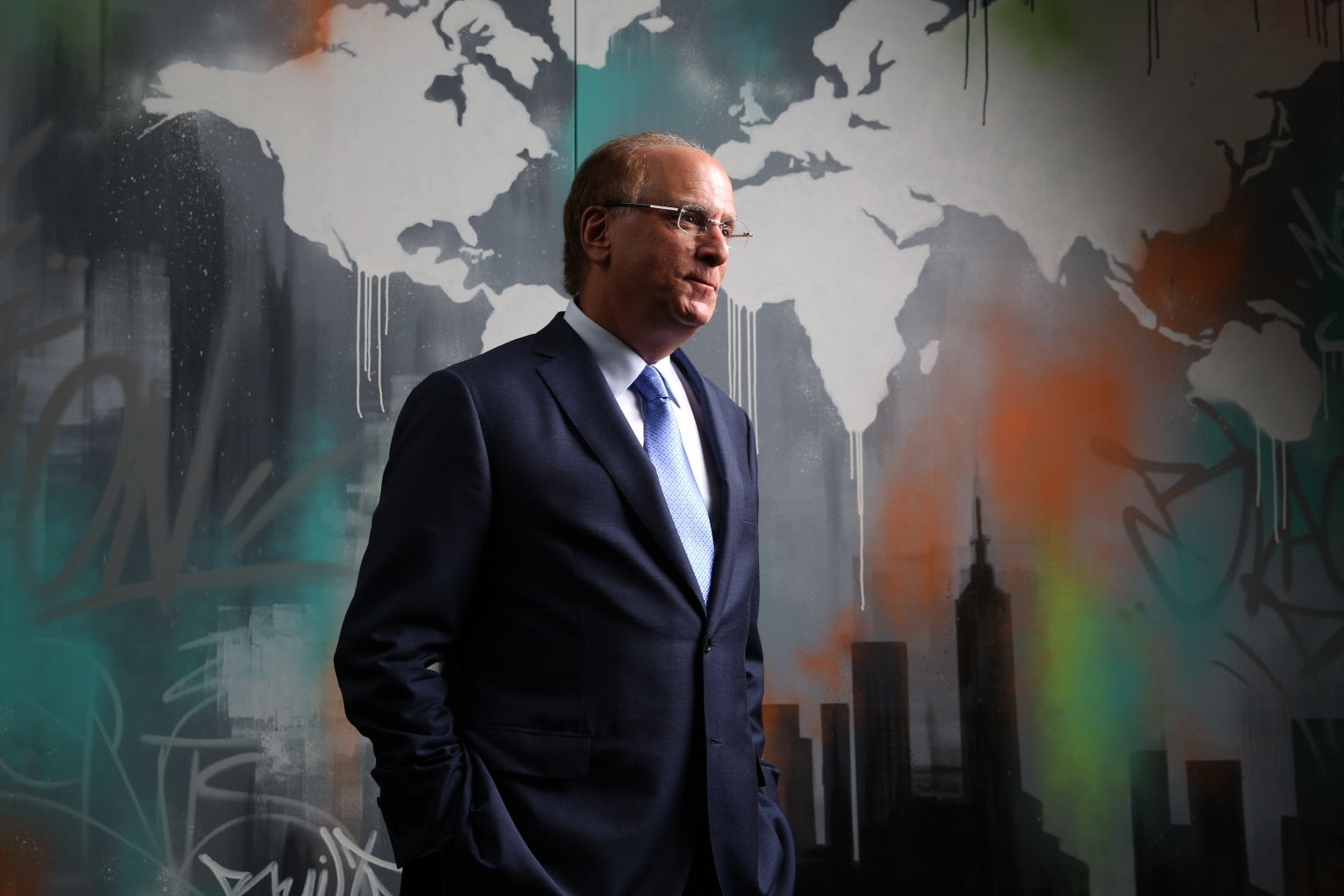Is your company a good company?
Shelton Stat of the Week
86% of consumers believe that companies should take a stand for social issues.
Is your company a Good Company?
by: Suzanne Shelton
Happy new year, and happy new decade! I’ve read so many pieces with predictions for the next ten years that I’m going to dispense with mine and focus in on the key question above, as I think the answer really portends your prospects for success in the future.
As we dig into the question of whether or not your company is a good one, consider some of the predictions I’ve seen consistently across others’ lists:
- Gen Z/The Greta Generation grows up and votes with their wallets. Imagine it’s 2029. All the kids who were walking out of school and packing the streets to demand action on climate change are now in their 20s, and they literally shun companies that haven’t made substantial changes in the way they operate, manufacture products and deliver services to be a part of the climate solution. What if the majority of the next generation simply refuses to engage with/buy from/work for companies that aren’t Good Companies? What does that mean for your company?
- Massive innovation breakthroughs create new opportunities for entrepreneurs and start the sunsetting process for former giants. Think meatless/vegan products, electric modes of transportation, renewable energy, plastics collection and recycling. Companies that create new ways for billions of us to have the lives we want while eliminating the environmental compromises that exist today will be considered Good Companies. If your company represents the Old Way of Doing Things, where there are clear negative environmental and social impacts, you should use this decade to reinvent yourself.
- The election. If Trump is re-elected, our government will continue to roll back environmental guard rails and take zero action on climate … which means pressure on corporations to be Good Companies will increase. If a Democrat is elected, environmental legislation will likely increase, which means corporations will be forced to be Good Companies.
Whether by force or by responding to market demands, the companies that make the Good List will be the ones positioned for the future.
So how do you do that?
It starts with actually doing good. There are dozens of rating and ranking organizations supplying reports that attempt to help everyone from Wall Street to average Americans understand which companies are Doing Good and which are not. My hope for the next decade is that we simplify that process and either whittle down the number of entities doing the ranking or create more consistency. (Today, Company X may get rated as Good on one list but not on another. That just creates confusion and inertia when what we need is clarity and action.)
The approach Shelton Group recommends is:
Do the Right Things
- Identify and measure your impacts (Scope 1, 2 and 3 GHG emissions) and supply chain risks; measure what environmental and social impacts matter most to your stakeholders
- Prioritize your actions, create goals and implement a plan to reduce/eliminate impacts and risks
- Commit to a bold overarching environmental or social purpose that you can be known for — that aligns with your brand, aligns with what your stakeholders care about, and actually solves an environmental or social problem
- Bake sustainability into your systems and process in a way that aligns with your goals and bold commitment
Say the Right Things
- Develop a memorable sustainability rallying cry and communications platform
- Bring it to life with your key stakeholders by producing relevant content and related ongoing communications
We documented a couple of years ago in our Brands & Stands report that having a bold commitment to addressing a social or environmental problem ABSOLUTELY drives brand preference and purchase intent. And we documented that those bold commitments are largely unknown by consumers today.
The moral of the story? In the next decade the companies that win will be Good Companies. And being recognized by investors, potential employees and consumers/customers as a Good Company requires both Doing the Right Things and Saying the Right Things. Both are required.
Have a Good decade!
News of the Week

The UN reports that one million species are at risk for extinction over the next 10 years. The UN Convention on Biological Diversity released a draft plan on Monday, which sets global goals to combat the ongoing biodiversity crisis in the coming decades.
“Biodiversity, and the benefits it provides, is fundamental to human well-being and a healthy planet,” the draft plan reads. “Despite ongoing efforts, biodiversity is deteriorating worldwide and this decline is projected to continue or worsen under business-as-usual scenarios.” Read more.

“BlackRock C.E.O. Larry Fink: Climate Crisis Will Reshape Finance – The New York Times
“Laurence D. Fink, the founder and chief executive of BlackRock, announced Tuesday that his firm would make investment decisions with environmental sustainability as a core goal.” BlackRock isn’t the only firm pursuing investments in companies that bake sustainability into their business. Investors and consumers alike are changing the way they invest, and companies that continue doing business as usual without actively working to reduce their carbon footprint may find themselves getting left behind. Read more.

The Brands Working to Make Footwear More Sustainable – Vogue Business
Though it represents less than one-tenth of the apparel industry’s value, “shoes are responsible for one-fifth of (its) environmental impacts.” Rothy’s, now valued at over 700 million dollars, after just four years in business, has made their mark by creating washable shoes constructed with yarn spun from recycled plastic bottles. Consumers want to buy products that make their lives easier while performing like a luxury item without compromise. The hope is that the positive supply chain impacts will ripple out, making sustainable footwear production more accessible to other companies as well. Read more.
Americans Say ‘Enough’ to Plastic
American consumers care about the problem of plastic waste more than ever – even more than climate change, in fact, our research reveals. We polled 1,000 Americans on environmental issues, and “plastics in the ocean” ranked as their top concern. Now is the time for brands to create solutions and tell their stories. Find out more in our free report.


We don’t have 10 years. You have 6.